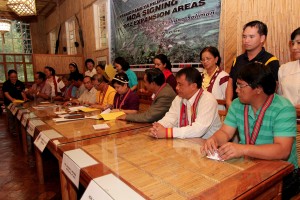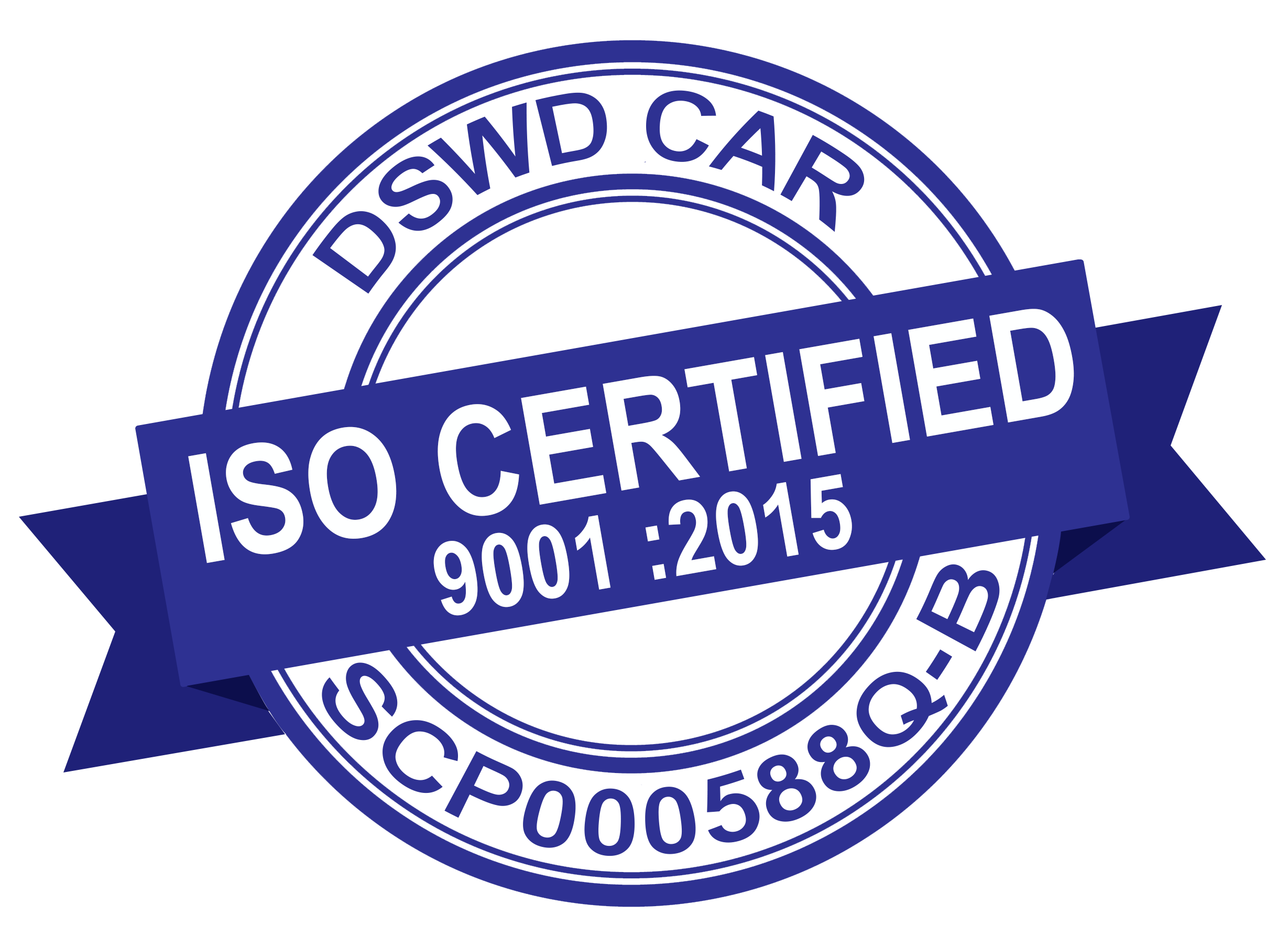
To identify who and where the poor are in the country is the objective of the National Household Targeting System for Poverty Reduction (NHTS-PR), simply known as Listahanan. It was created so as social protection and development programs and services are delivered to the real poor, vulnerable and the disadvantaged.
With this objective that the Executive Order No. 867 series of 2010 and the National Anti-Poverty Commission Memorandum Circular No. 1 Series of 2009 have directed all national government agencies to adopt the results of Listahanan in identifying beneficiaries. It was further supported by the Regional Development Council – CAR Executive Committee Resolution No. 72 Series of 2012 which encourages all government and non-government agencies of Region CAR to use the Listahanan as common reference in determining beneficiaries of social protection programs.
The information from the database of poor households, however, such as the names of poor families, is confidential. With this, all entities that wish to utilize the data need to sign a memorandum of agreement (MOA) with the department.
Administrative Order 02 Series of 2009 of the Department provides the guidelines on the sharing of data generated from the NHTS-PR. It aims to establish a systemic way of sharing data as well as information on poor households that will or can be eligible for various anti-poverty programs and services and increase coordination on the use of the data generated by the targeting system with regard to other databases of households utilized by government agencies, local government units, non-government organizations, people organizations (Pos and civil society groups), private foundations and the like.
During the consultation on local social welfare and development officers in the region, DSWD-CAR Assistant Regional Director Janet P. Armas explained that signing the memorandum of agreement with the department ensures the security and proper utilization of the data of poor families.
Ms. Rosalyn Aloy, municipal social welfare and development officer of Pudtol, Apayao, confirmed that there is really a need to secure the data and she, herself, is not against the MOA since the data is not only an effortof the DSWD but also of the Local Government Units (LGU).
She shared that they also have internal policy in their office that clients requesting for the data needed a formal request from their respective offices.Most clients that getListahanan data from the LGU are midwives and Registered Nurses for Health Enhancement and Local Service Project (RN Heals).
Citing an incident, Ms. Aloy said that only this year that she encountered a client suspiciously identifying himself as a military officer from Isabela. The client wanted to get the list of families identified in the database. After initial interview, Ms. Aloy advised the client to talk to their mayor firstto be able to properly endorse the matter with the concerned office. However, Ms. Aloy learned that the client did not pursue the request.
The data from Listahanan is used not only by the LGUs but even by some private companiesas a basis in providing devolved programs and services to poor families. Ms. Aloy said that the list is being used in giving certificate of indigency.
She added that LGUs may have differences in appreciating the need of a memorandum of agreement but she believed that this is only for the protection of the data.
As of date, there are already 44 LGUs from CAR that already signed memorandum of agreement with the department. The National Household Targeting Unit is already on the process of identifying social protection programs and services given to poor families in the region by the DSWD, the Philippine Health Insurance Corporation and LGUs.# DSWD-CAR, SOCIAL MARKETING UNIT, KAYE ANN O. MAPALO




